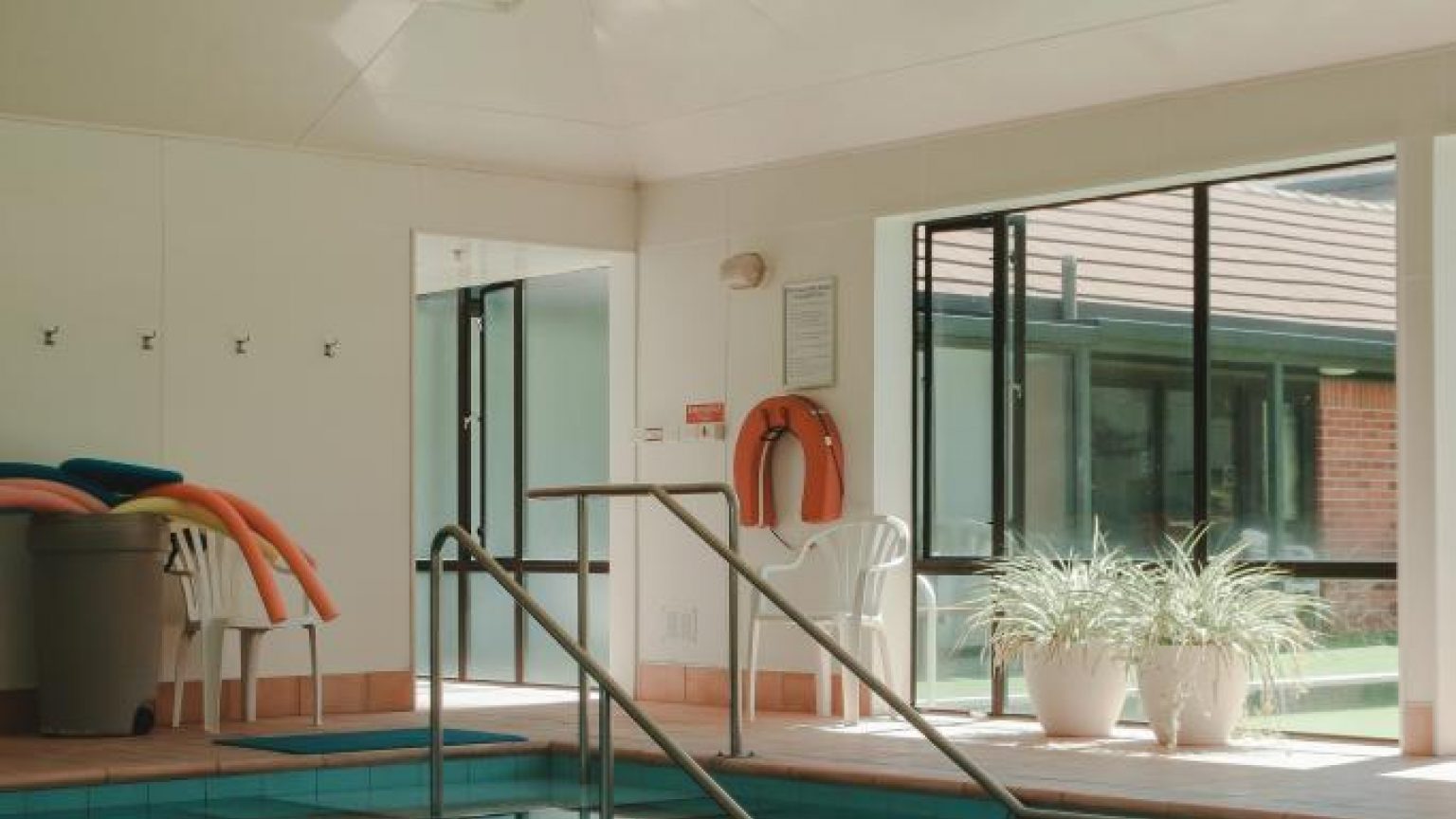Health and Safety – Spa Hotel Appeals Against Legionella Bans
It is hard to imagine circumstances that might outweigh the imperative of maintaining public health and safety. The point was made by the case of a spa hotel which had its pools and hot tubs placed off limits after a former guest was admitted to hospital suffering from Legionnaires’…
Aug 17, 2021

It is hard to imagine circumstances that might outweigh the imperative of maintaining public health and safety. The point was made by the case of a spa hotel which had its pools and hot tubs placed off limits after a former guest was admitted to hospital suffering from Legionnaires’ disease.
After the man was taken ill, the hotel’s manager agreed voluntarily to prohibit use of its showers, indoor hot tub and indoor swimming pool until water sample results were received. Public Health England subsequently informed a local environmental health officer (EHO) that samples taken from the pool had tested positive for legionella and that it had been confirmed that the indoor hot tub was the source of the former guest’s infection.
The company that owned the hotel was served with three prohibition notices that forbade use, respectively, of the indoor hot tub, the pool and an outdoor hot tub. The company appealed to an Employment Tribunal (ET) against the latter two orders. The manager asserted, amongst other things, that all appropriate safety precautions had been taken and that the hotel was the subject of a malign campaign due to its zero-tolerance policy in relation to non-paying guests.
Dismissing the appeal, however, the ET noted that Legionnaires’ disease can be fatal. The EHO had taken the view that the initial voluntary prohibition had not succeeded in preventing use of the pool. That was vehemently denied by the manager but, on the evidence, the EHO’s conclusion that use of the pool would present a serious risk of personal injury was incontrovertible.
The ET acknowledged that there was no direct evidence that the outdoor hot tub posed a risk to human health. However, it was the type of facility that can give rise to legionella infection. In the light of the loss of trust between the EHO and the manager, the former was entitled to conclude that a prohibition order in respect of the outdoor hot tub was justified.


Racism on the Shop Floor – Employers Can Expect to Carry the Can

Exemplary Sales Assistant Succeeds in Pregnancy Discrimination Claim
